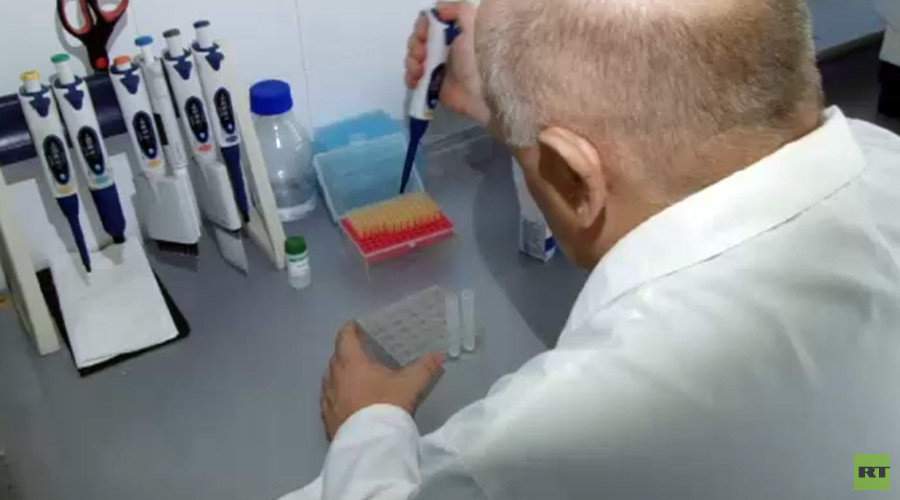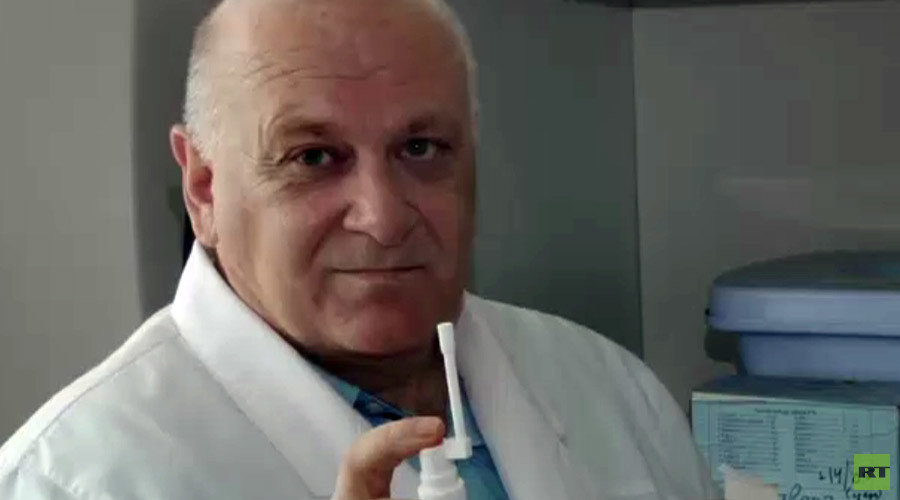Peptidet, Acegram, blev udviklet i et laboratorium i den russiske by Chelyabinsk, der ligger i Ural området.
Molekylet siges at have en meget stærk regenererende effekt, fordi det tiltrækker sunde celler til beskadigede, irriterede steder i den menneskelige krop.
Kommentar: Delvist oversat af Sott.net fra Russian scientists have developed a supermolecule that can speed up human tissue regeneration Lad os se om Acegram vil blive frigivet i EU.
Chelyabinsk var i øvrigt på forsiderne for nogle få år siden, da der faldt en faldt en stor meteorit ned i området, se Den Russiske meteor over Chelyabinsk i kontekst
When used to cure an injury, Acegram "removes purulent inflammation by killing germs, which reduces the acute phase of inflammation... it enhances proliferation, accelerating the growth of tissue," Aleksandr Zurochka, laboratory's head, told RT's Ruptly video agency.
The attraction of stem cells also provides the agent with "the potential to produce the very building blocks of recovery and regeneration of tissues," he added.
The wound quickly heals, leaving almost no visible scar. And in case of a burns or frostbites a new fabric with reconstructed structure quickly forms above the affected area.
Acegram currently exists in the form of a spray and a gel and has been successfully tested on animals.
"The spray can be used to cure sore throat, stomatitis, rhinitis, both bacterial and viral," as well as other illnesses, Zurochka stressed.
Basically, it's a single agent, which is capable of replacing a whole group of medical products, the scientist added.
Meanwhile, Acegram's potential is said to be even higher. According to Yuzhnouralskaya Panorama newspaper, in the future, it could solve the problem of viruses adapting to antibiotics.
The molecule can also minimize the negative effect of radiation and be used to diagnose AIDS and other immune diseases in early stages.





Læserkommentarer
dig vores Nyhedsbrev